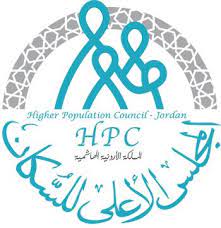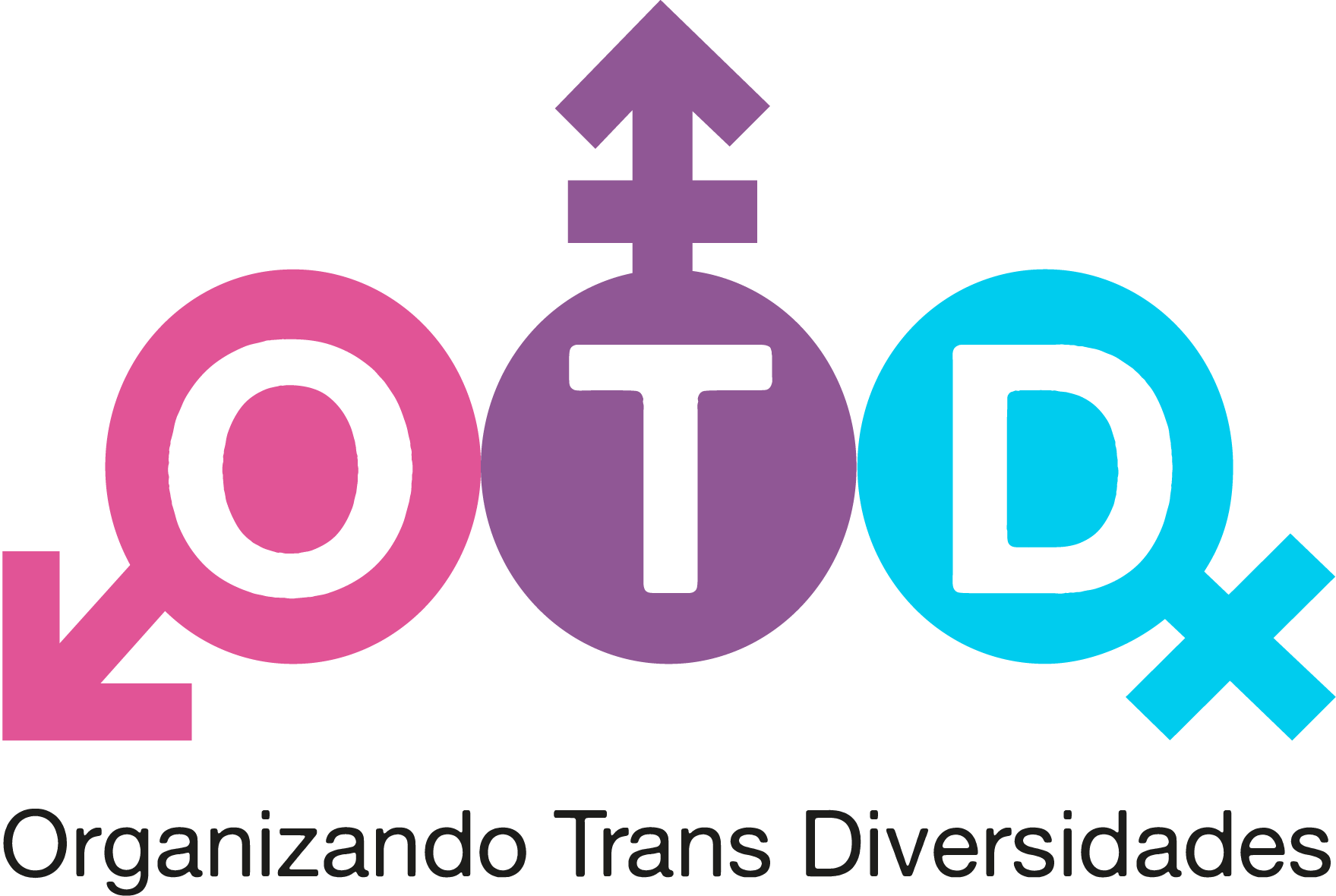The role of Accountability in sustaining SRHR programs in crisis and Fragile Situations in Jordan
View knowledge productThe policy brief titled ‘The Role of Accountability in the Sustainability of Sexual and Reproductive Health Programs in Crises and Fragile Situations in Jordan’ seeks to enhance the access of individuals affected by crises and fragile environments to comprehensive sexual and reproductive health information, services, rights, and care. It aims to expedite the achievement of national and sustainable development goals by advocating the adoption and development of mechanisms alongside an accountability framework. This framework is intended to serve as a guiding map for donors and policymakers, fostering a multi-sectoral participatory approach to sustain sexual and reproductive health programs.
Specifically, the framework endeavours to bolster coordination among diverse stakeholders to enhance access to high-quality sexual and reproductive health services for individuals affected by crises and vulnerabilities in Jordan. It seeks to institutionalize multi-sectoral accountability within the realm of sexual and reproductive health, propelling progress towards the complete realization of sexual and reproductive health and rights for all. This is to be achieved through effective accountability measures involving the government and all stakeholders.
Knowledge product details
-
Co-Creation Conference Grants
-
2020
-
Jordan
-
Advocacy
-
SRHR in crisis and/or fragile situations
-
SRHR services
-
Share-Net Jordan
-
Arabic
-
English
-
Policy Brief



